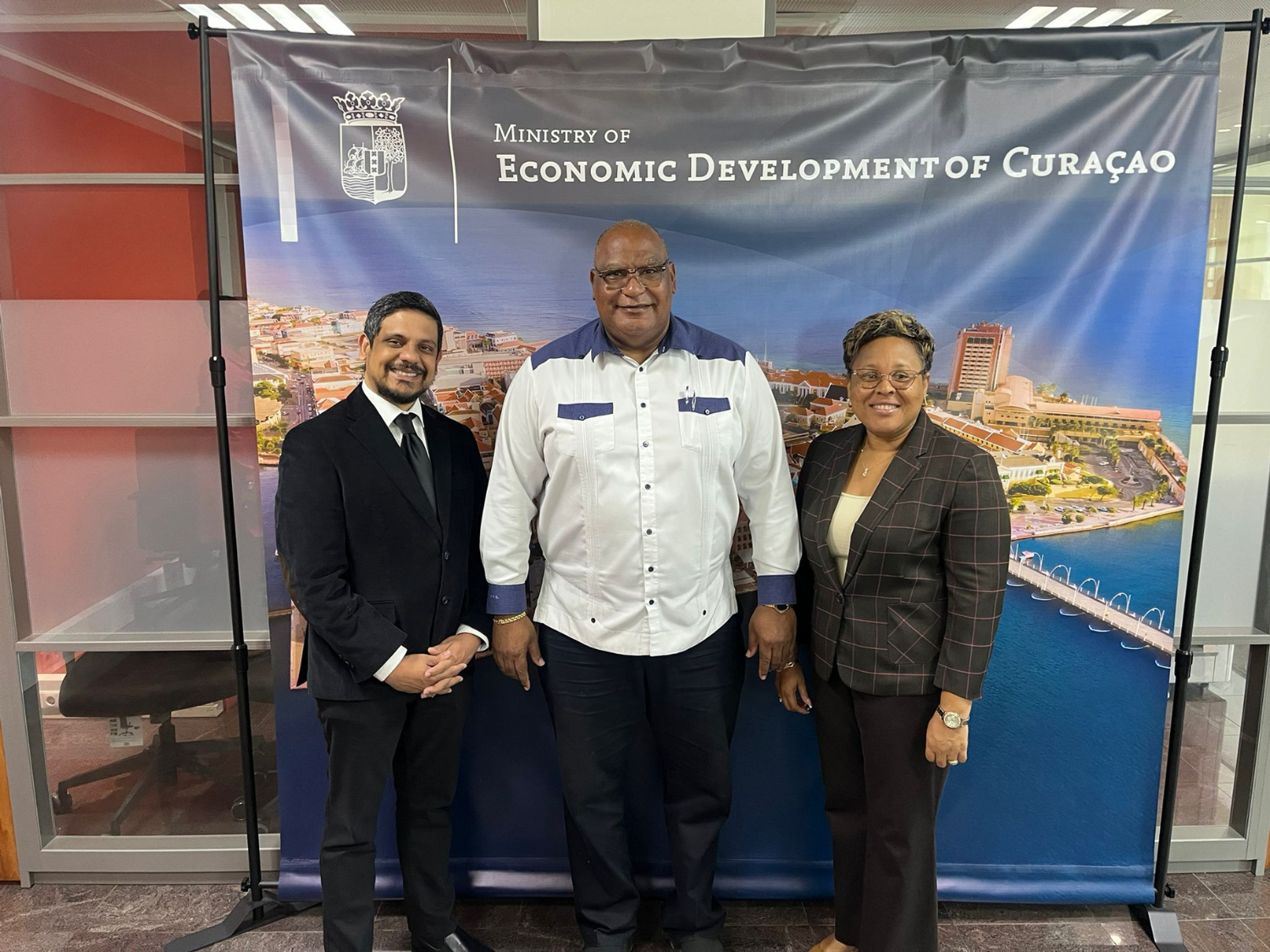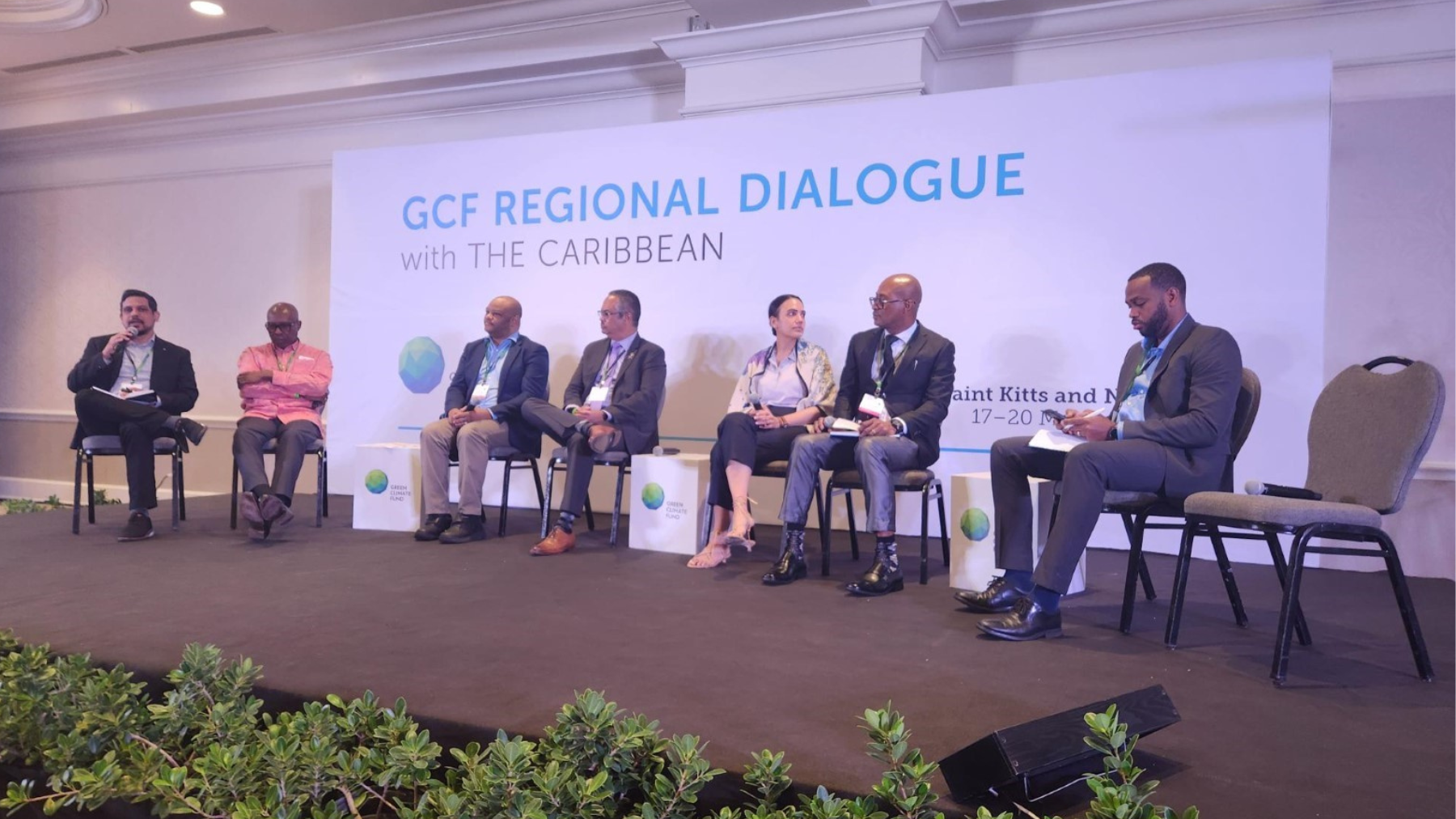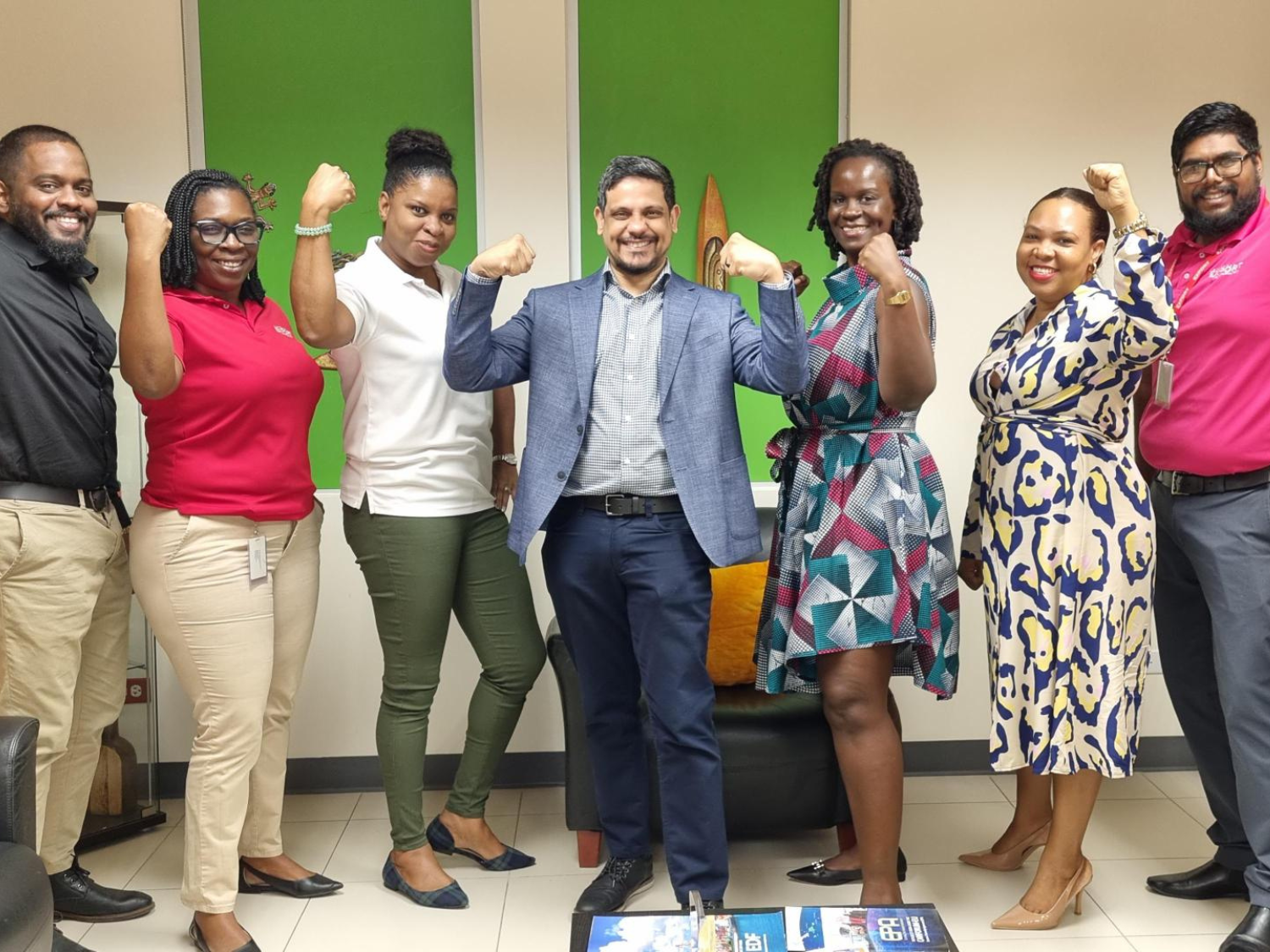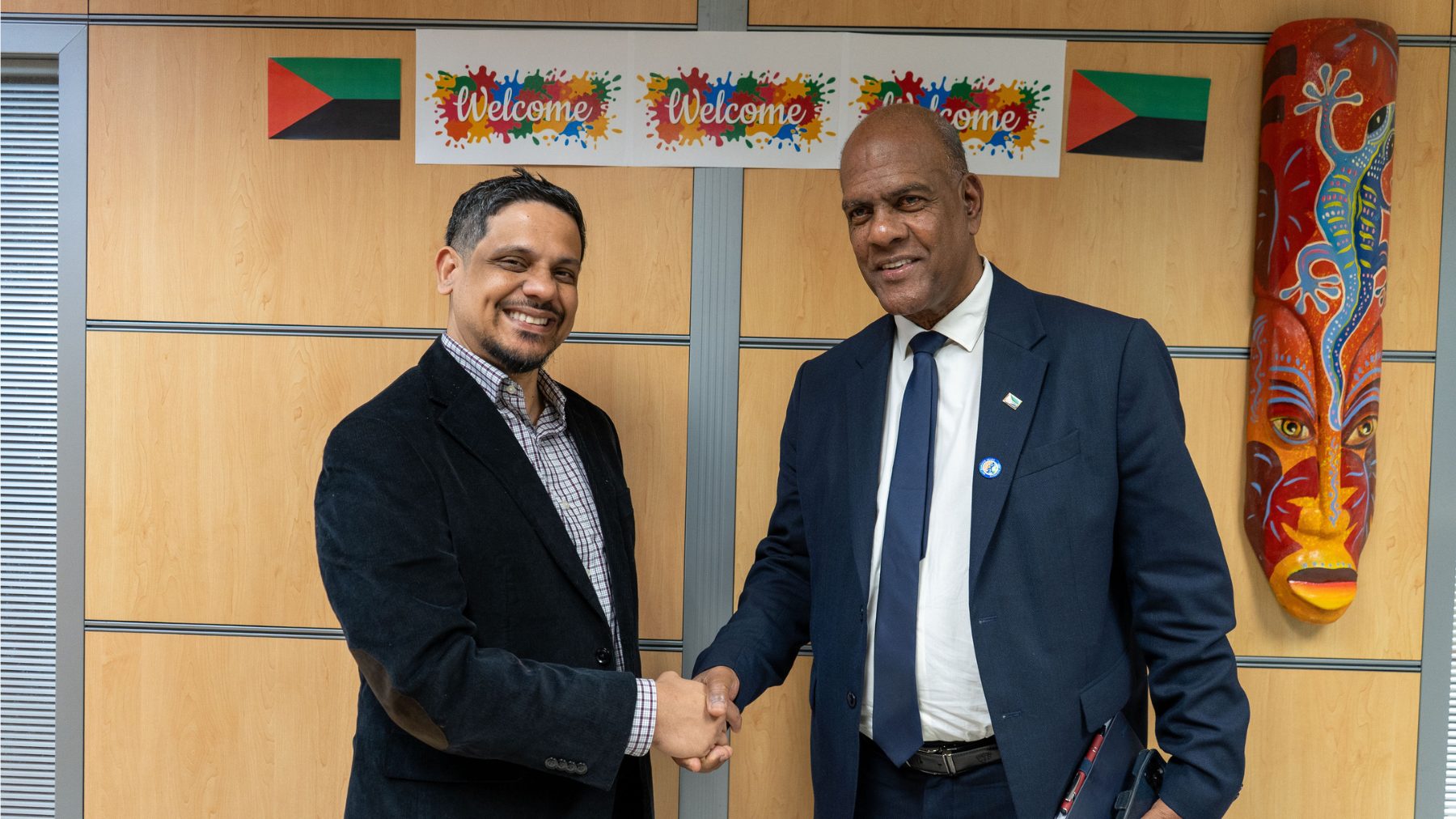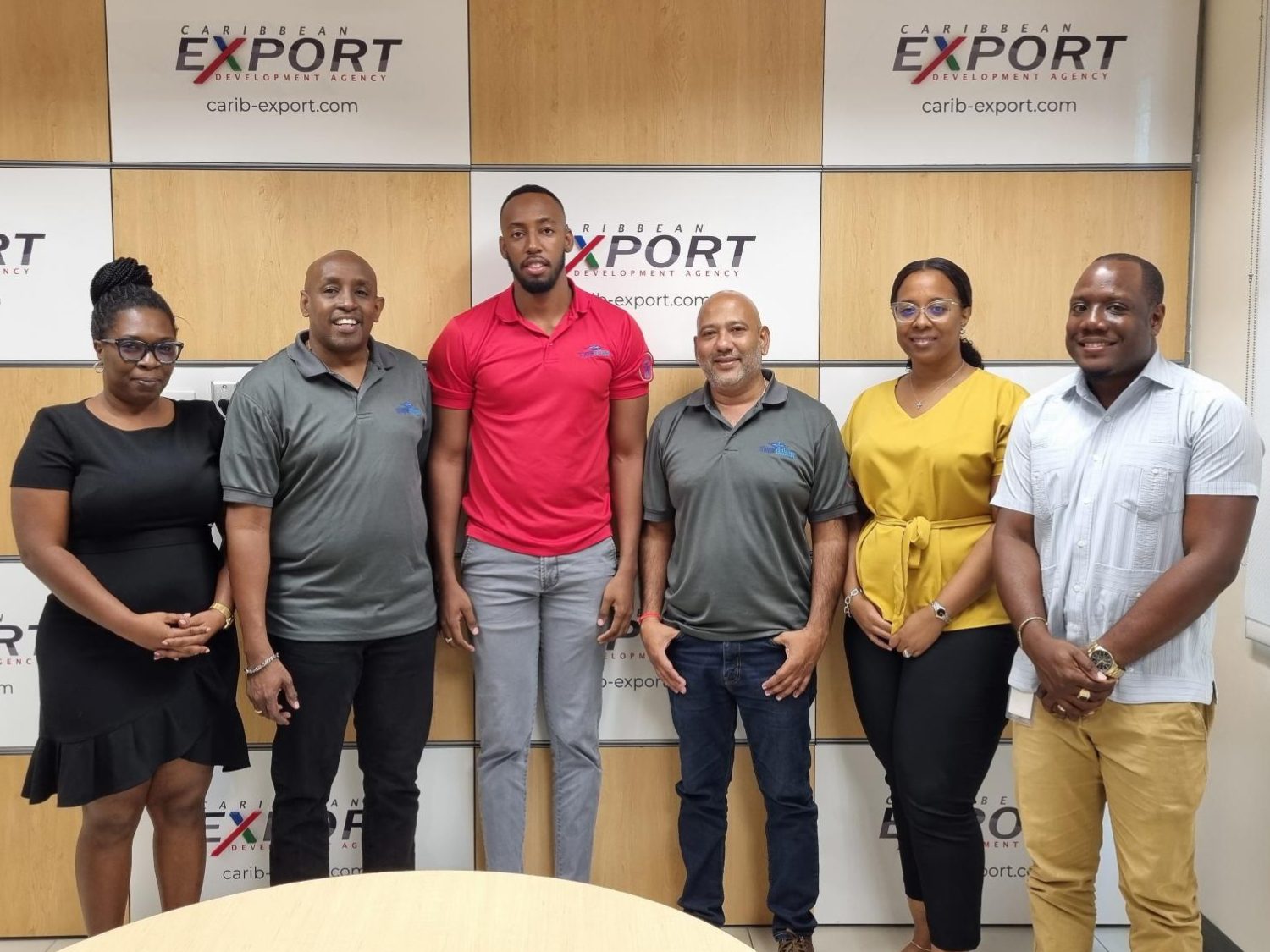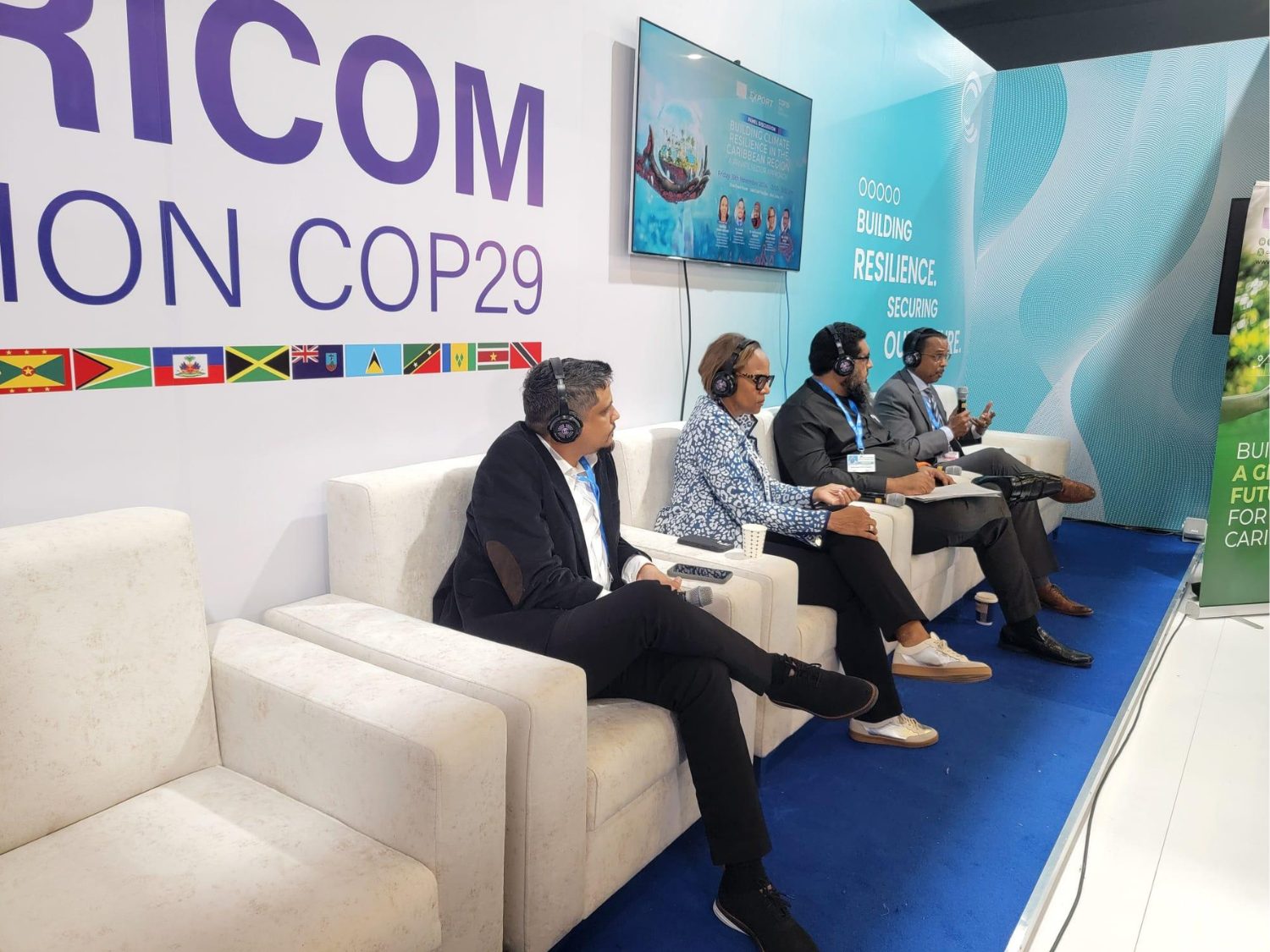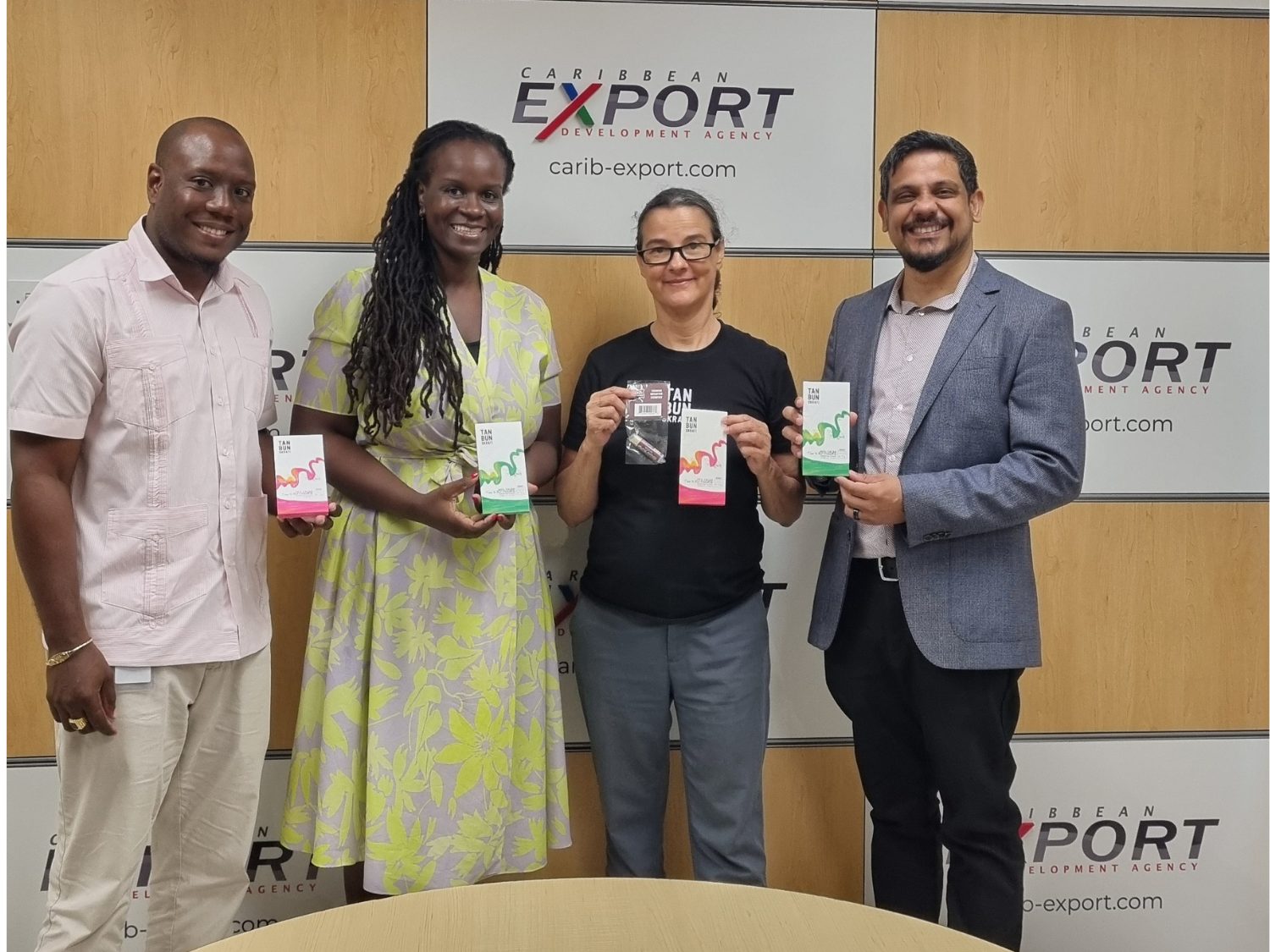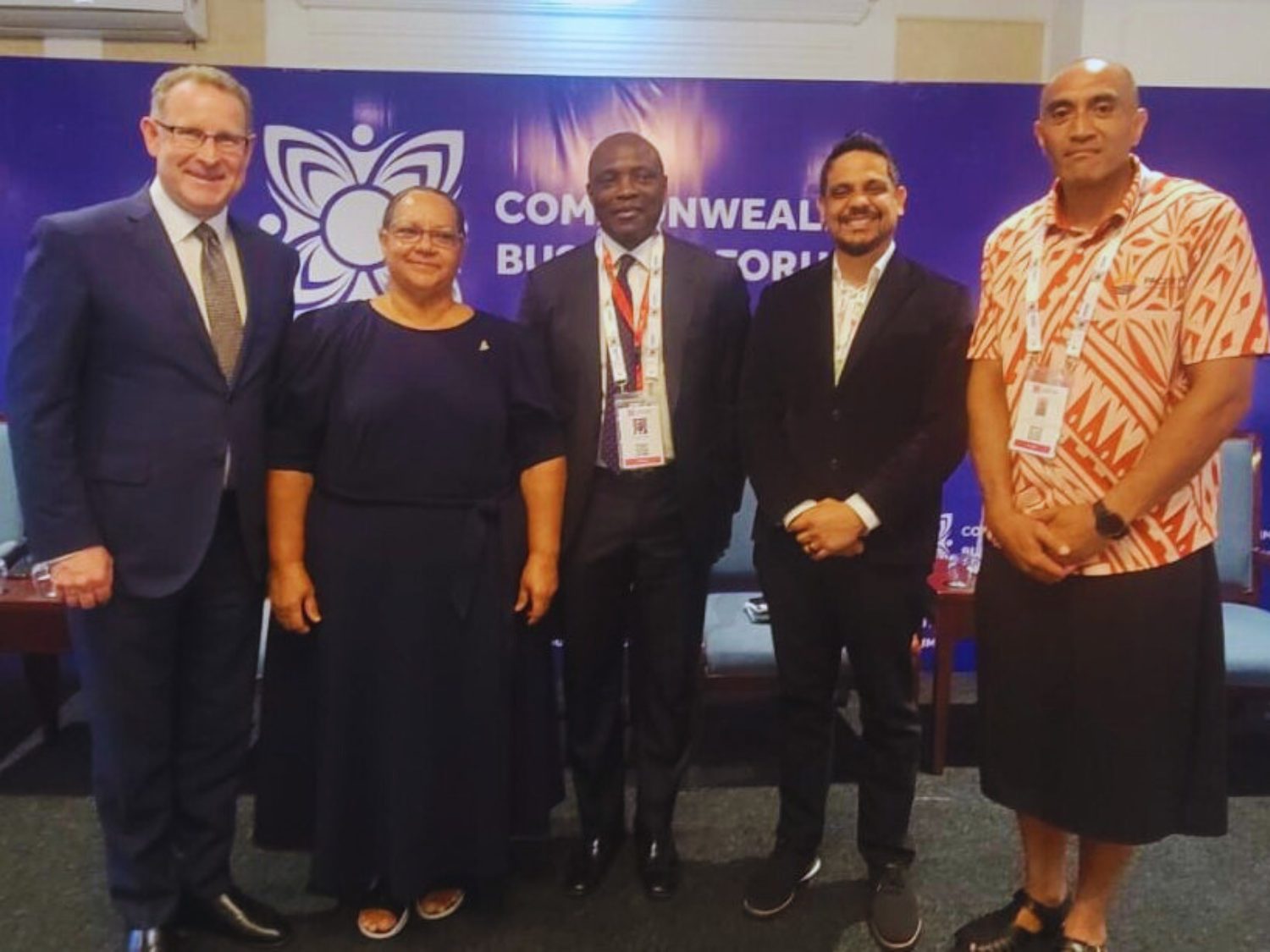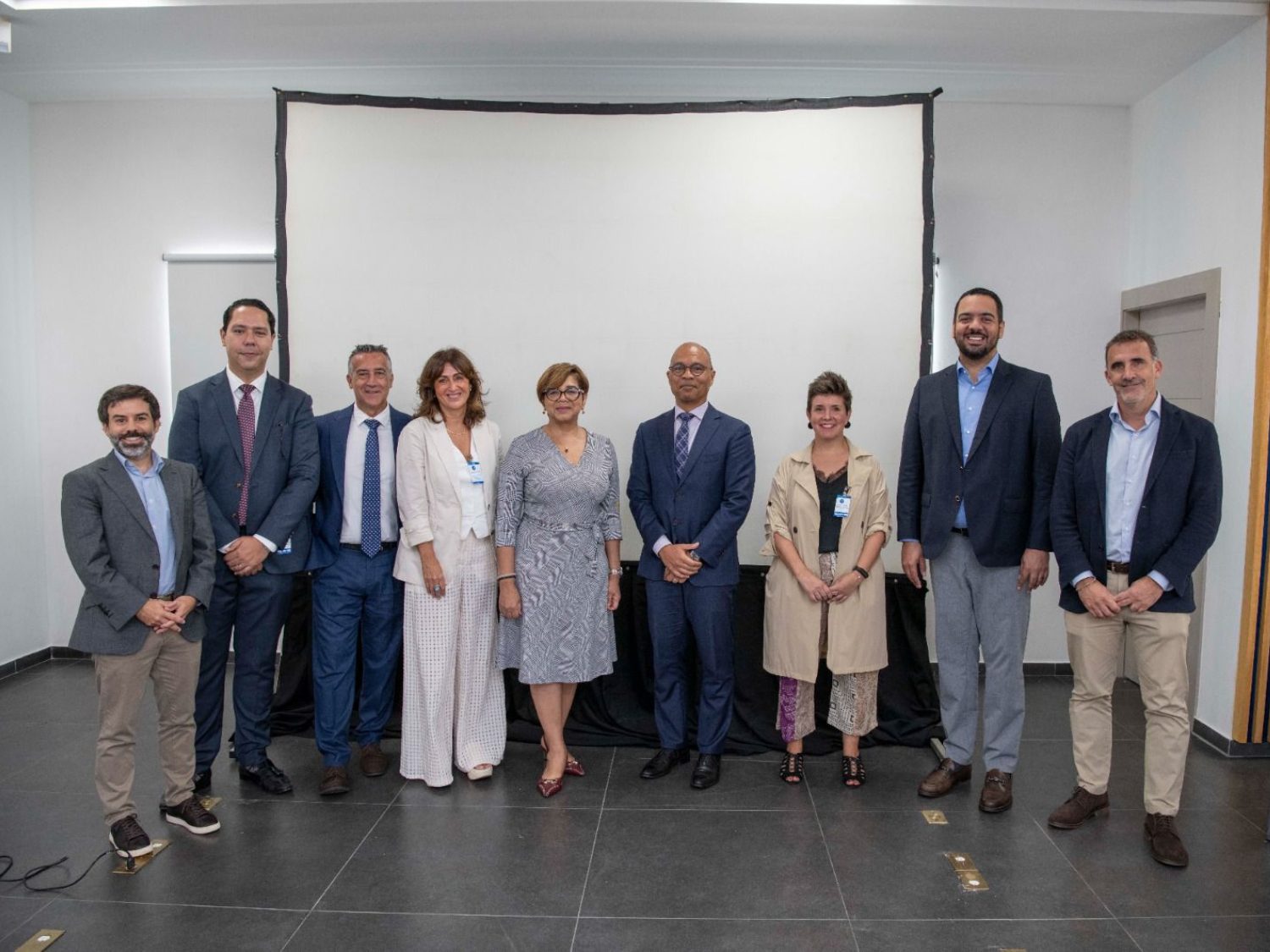As the climate clock ticks louder, the Caribbean is not only listening—it is acting. Across the region, governments, entrepreneurs, and development partners are aligning ambition with action, forging a new path forward that is powered by clean energy, inclusive finance, and sustainable innovation. At the heart of this transformation lies the region’s bold pivot toward a green economy—a strategic imperative that the Caribbean Investment Forum 2025 (CIF 2025) will elevate to the global stage.
Taking place in Montego Bay, Jamaica from July 29–31, CIF 2025 is anchored in the theme SMART. GREEN. CONNECTED., and is designed to convene investment leaders and changemakers to accelerate the Caribbean’s green transition. As the climate crisis intensifies and energy insecurity persists, the Caribbean is uniquely positioned to lead a global conversation on sustainable development—backed by tangible projects, cross-sector collaboration, and a new generation of climate entrepreneurs.
For decades, Caribbean economies have relied heavily on imported fossil fuels—exposing them to volatile energy prices and contributing to unsustainable fiscal deficits. Today, however, many countries are rewriting that narrative through targeted investment in renewable energy and climate resilience. Take Barbados, which has committed to becoming 100% fossil fuel-free by 2030. The government has rolled out ambitious rooftop solar programs for households and businesses, backed by tax incentives and regulatory reforms. Similarly, Dominica has invested heavily in geothermal energy, aiming to harness its volcanic resources to provide reliable, clean power while exporting excess energy to neighbouring islands.
In Jamaica, the shift is equally bold. The country has surpassed 20% renewable energy in its generation mix, thanks to investments in wind and solar. Notably, the Wigton Windfarm, the largest in the English-speaking Caribbean, serves as a regional model for public-private collaboration in clean energy. Complementing this is Jamaica’s Green Bond Project, supported by the Inter-American Development Bank (IDB), which seeks to unlock green financing for large-scale infrastructure and environmental projects. Meanwhile, Saint Lucia and Grenada are developing National Adaptation Plans with strong emphasis on green infrastructure, nature-based solutions, and sustainable tourism. In Trinidad and Tobago, the government is exploring the development of a green hydrogen industry, positioning itself as a future exporter of clean fuels and low-carbon commodities.
Investing in the Future
While the appetite for green transition is strong, the region still faces a significant investment gap. CIF 2025 will spotlight mechanisms to bridge that gap—emphasizing blended finance, green bonds, and impact investment vehicles tailored to small island developing states (SIDS). Key among these is the EU’s Global Gateway strategy, which aligns development finance with infrastructure investment to support climate-smart growth. Through initiatives like the Caribbean Green Economy Facility, the EU and partners like the Caribbean Development Bank (CDB) are creating new avenues for concessional finance, credit guarantees, and risk mitigation tools that make green projects more bankable.
This is especially critical for small and medium-sized enterprises (SMEs), which are often at the forefront of climate innovation but struggle to access capital. CIF 2025 will give voice to entrepreneurs and ecosystem builders who are transforming sectors like eco-construction, climate-smart agriculture, and renewable microgrids—demonstrating that the green economy is not only viable, but vibrant.
Human-Centred Growth
What sets the Caribbean’s green transition apart is its human focus. Beyond emissions targets and megawatts, the region’s climate strategy is rooted in resilience, equity, and inclusion. CIF 2025 will amplify this by highlighting how green growth can empower women, youth, and marginalized communities to participate fully in the economy of tomorrow. Programs like Women in Renewable Energy Caribbean (WIRE-C) are building gender-inclusive energy ecosystems, while youth-led climate ventures—like Jamaica’s Solar Buzz Jamaica and Barbados’ Eco Lifestyle + Lodge—are proving that innovation knows no age.
Moreover, regional education and upskilling initiatives, such as CARICOM’s Human Resource Development Strategy, are ensuring that the workforce is equipped for the jobs of the future—from solar technicians to environmental auditors and sustainable finance experts.
CIF 2025: A Platform for Deal-Making and Action
At CIF 2025, the Caribbean will not just talk green—it will transact green. Delegates can expect a robust platform for deal-making, project pitching, and policy exchange across sectors including energy, infrastructure, agriculture, and transportation.
Hosted by the Caribbean Export Development Agency, in partnership with the Government of Jamaica, the European Union and the CARICOM Secretariat, the Forum will also feature a dedicated Green Economy Investment Village, showcasing high-impact, investment-ready projects and entrepreneurs from across the region.
This is more than a conference. It is a call to investors, governments, and development partners to match capital with vision, and urgency with action. A Green Caribbean Is an Investable Caribbean. The Caribbean is not waiting to be rescued from climate change—it is building its own resilience, powered by solar arrays, wind turbines, digital finance, and sustainable enterprise. What it needs now is scale, speed, and strategic investment.
CIF 2025 will be the region’s flagship moment to demonstrate that the green economy is not just possible—it’s profitable. As Montego Bay becomes the nexus of innovation and investment this July, the message will be clear: the Caribbean is ready to lead. Are you ready to partner?
Secure your spot at the region’s premier investment event! Register today to be part of the movement to redefine the Caribbean’s investment narrative and help shape a smarter, greener, and more connected future.
For additional information, please visit www.caribbeaninvestmentforum.com or contact us at info@carib-export.com.



